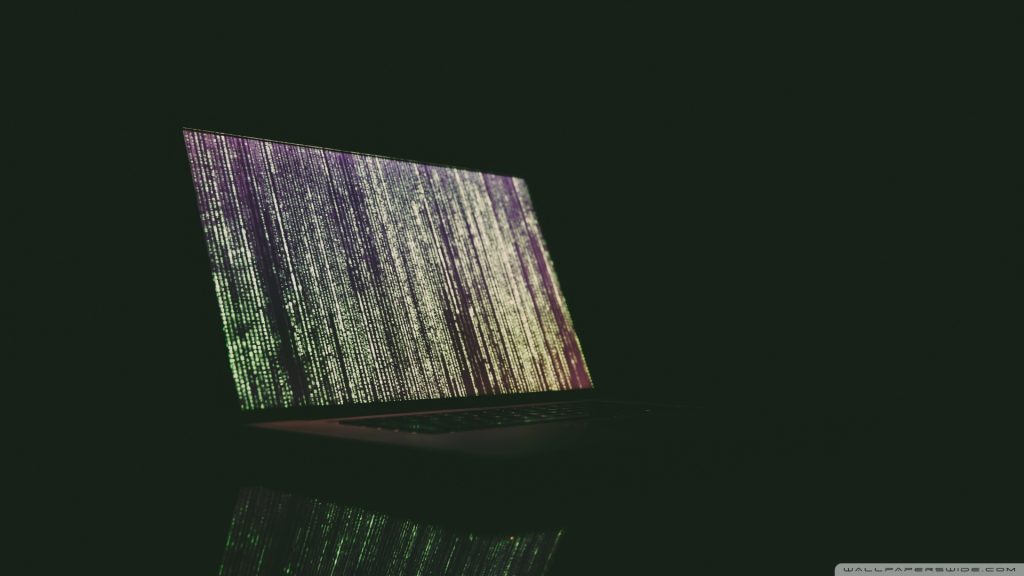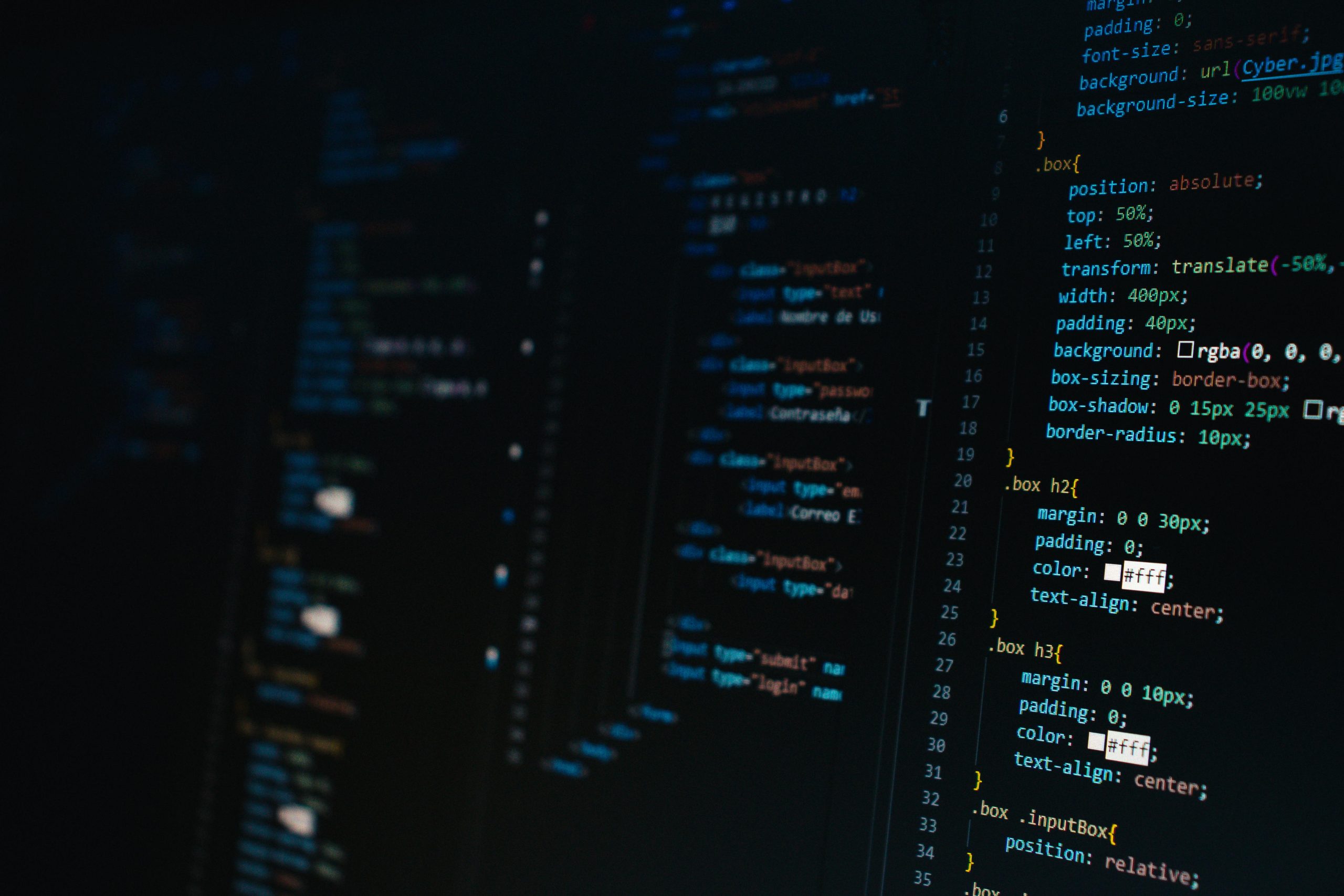In today’s interconnected world, your online identity is not just a collection of usernames and passwords—it’s a digital extension of yourself. Whether it’s your social media profiles, online banking accounts, or personal data stored across countless websites, your online presence represents an invaluable asset. But just as you would protect your physical identity, securing your online persona is essential in a world full of digital predators.
The rise of cybercrimes, such as identity theft, phishing attacks, and data breaches, has made online identity protection one of the most crucial elements of cybersecurity. You might think of your online identity as a lockbox, but if it’s not properly secured, someone might break into it and steal your most valuable assets—your personal information, your financial details, or worse, your reputation.
Let’s dive into the importance of securing your online identity, some practical ways to protect it, and a real-life example that highlights the dire consequences of neglecting this critical aspect of cybersecurity.
A Real-Life Hacking Story: The 2019 Instagram Account Hack
In 2019, a massive Instagram account hack rattled the social media community. Celebrities, influencers, and everyday users alike found themselves targeted by a sophisticated hacking scheme that exploited weak online security practices.
The attack began with simple social engineering tactics, where hackers impersonated Instagram support and contacted account holders via email or direct message. The hackers cleverly persuaded users to click on a fraudulent link disguised as a security update. Once clicked, the link would direct users to a fake Instagram login page where their login credentials were captured. With this information, the attackers could hijack accounts, lock out users, and even change passwords and contact information.
In some cases, the hackers went further by selling high-profile accounts on dark web forums for thousands of dollars. These attacks were particularly concerning because they targeted individuals with massive followings, amplifying the hackers’ access to a large pool of personal data.
One of the most devastating consequences of the hack was the loss of control over a personal brand and its audience. Influencers lost lucrative partnerships and the trust of their followers. For regular users, it meant losing access to their accounts filled with years of memories, photos, and connections.
The hack also led to questions about how Instagram’s security systems failed to detect and stop this type of attack. For many, it served as a wake-up call about the importance of securing online identities.
The Foundations of Securing Your Online Identity
Your online identity is your digital footprint, and just like your physical identity, it deserves the utmost protection. So, how can you fortify this essential part of your life? Let’s break down the foundations of securing your online identity.
1. Use Strong, Unique Passwords
The first line of defense in protecting your online identity is having a robust password. Many people fall into the trap of reusing the same password across multiple sites, which increases vulnerability. Consider using long, complex passwords that include a mix of upper and lower case letters, numbers, and special characters. Aim for at least 12 characters.
Avoid using easily guessable information, such as birthdates or common phrases. A great tool to help with this is a password manager that stores all your passwords securely and generates strong ones for you.
2. Enable Two-Factor Authentication (2FA)
Two-factor authentication (2FA) adds an extra layer of protection. Even if someone gets access to your password, they would still need to go through an additional authentication step, such as entering a code sent to your phone or using an authentication app.
Enabling 2FA on your accounts, especially on high-risk platforms like email, banking, and social media, significantly reduces the risk of unauthorized access.
3. Be Wary of Phishing Scams
Phishing attacks are designed to steal your sensitive information by tricking you into revealing it. These scams come in the form of fake emails, text messages, or websites that look legitimate. They might ask you to reset your password, provide personal details, or click on a suspicious link.
Always verify the source before clicking any link, and be cautious of unsolicited requests for sensitive information. Check the website’s URL for legitimacy and, if in doubt, go directly to the website by typing its address in your browser.
4. Monitor Your Accounts Regularly
One of the most important practices to protect your online identity is to stay vigilant. Regularly monitor your accounts for unauthorized activity, especially financial accounts and social media. Many platforms now offer account activity logs, which can help you spot any suspicious behavior.
Additionally, make sure to check for any unusual changes, such as unexpected password resets or unfamiliar login locations. Early detection can prevent more significant damage.
5. Limit What You Share Online
The more you share about yourself, the easier it is for cybercriminals to build a profile and launch social engineering attacks. Be mindful of the personal information you share on social media, and use the privacy settings to limit the audience. Avoid oversharing details that can be used to guess your passwords or answer security questions.
6. Keep Your Devices Secure
Your devices, including your smartphone, computer, and tablet, are gateways to your online identity. Make sure they’re protected with strong passwords and encryption. Keep your software up to date, as cybercriminals often exploit vulnerabilities in outdated systems.
Use reputable security software to protect your devices from malware and other threats. This includes anti-virus programs, firewalls, and anti-spyware tools.
The Responsibility of Protecting Your Online Identity
In an age where our online presence is woven into almost every aspect of our daily lives, securing your online identity is no longer an option—it’s a necessity. The impact of a hacked online identity can be devastating, as shown by the Instagram hack, and can result in financial loss, damaged reputations, and a compromised sense of security.
However, by taking proactive measures—like using strong passwords, enabling two-factor authentication, staying aware of phishing attempts, and monitoring your accounts—you can defend your online identity from attackers.
As we continue to evolve in this digital world, it’s important to remain vigilant and continuously educate ourselves on new threats. Protecting your online identity isn’t just about securing your personal data, it’s about safeguarding your digital life and ensuring that you have control over who you are in this ever-connected world.
In the end, the most valuable thing in the cyber world isn’t just your data—it’s your identity. Make sure you protect it with the same dedication and care as you would your physical self.


